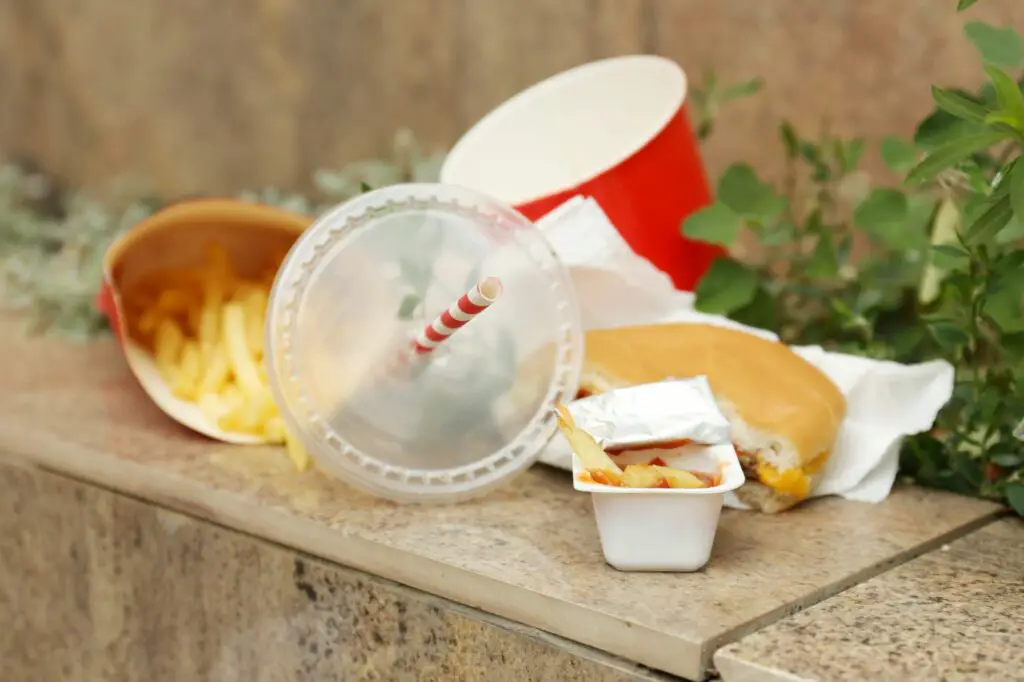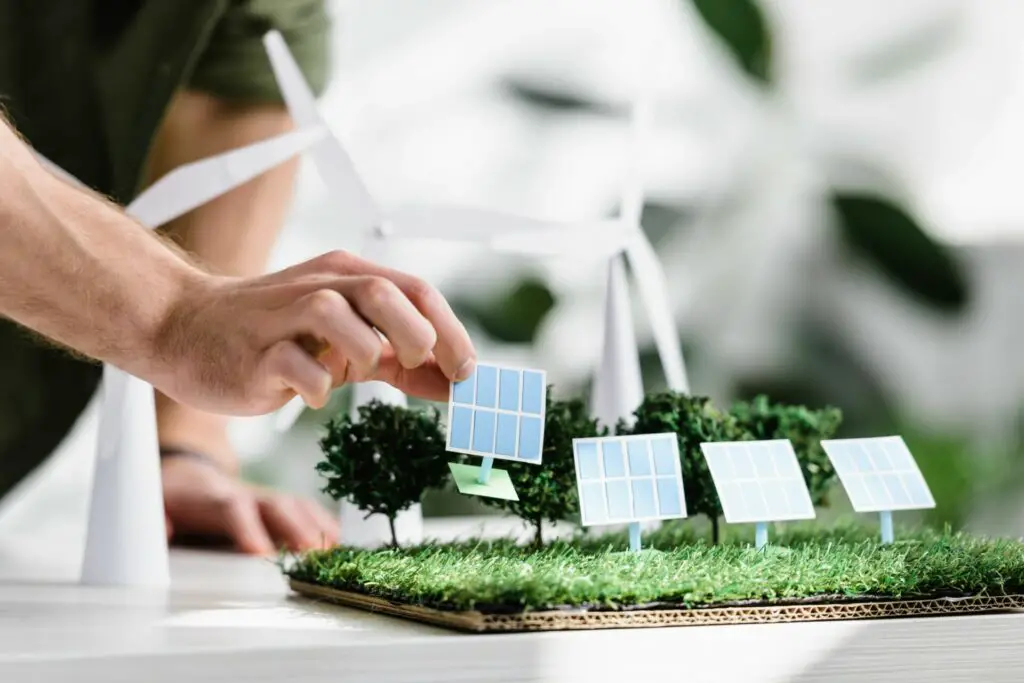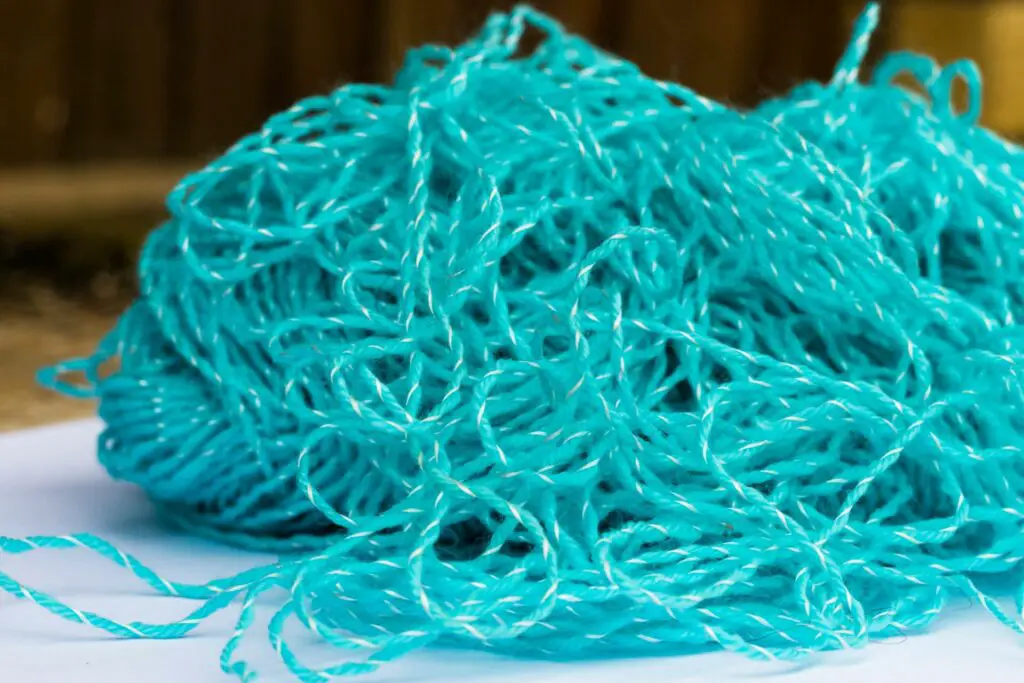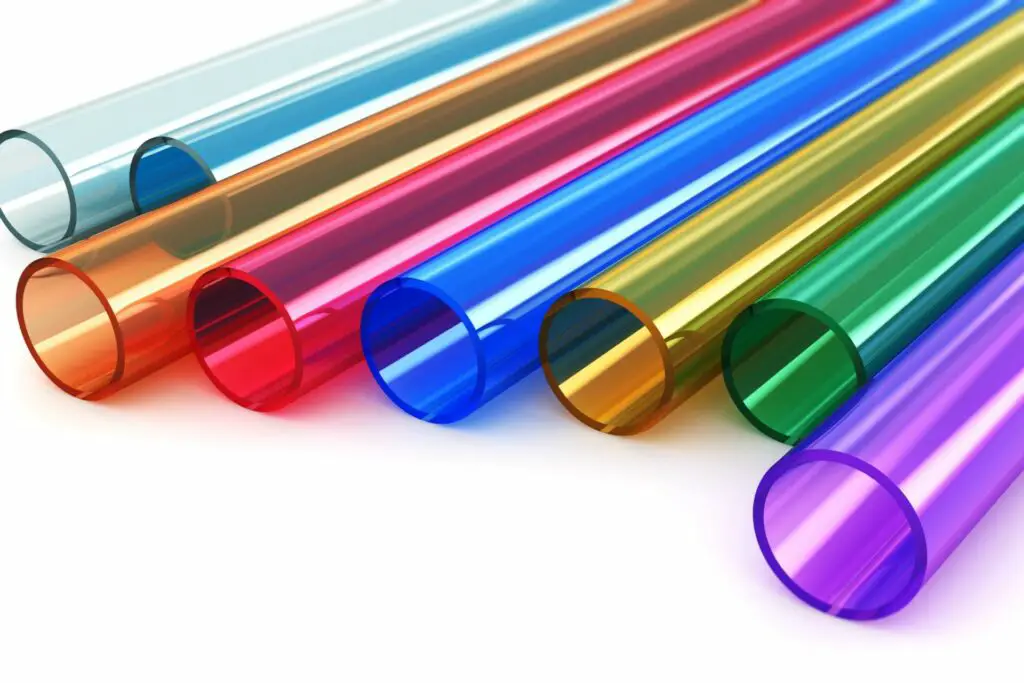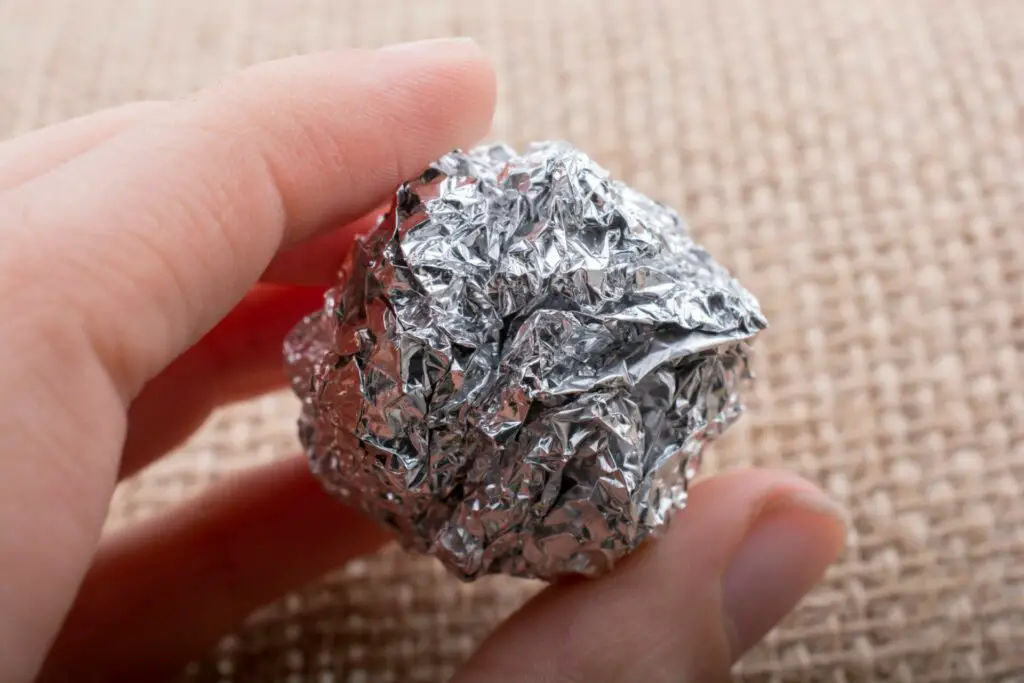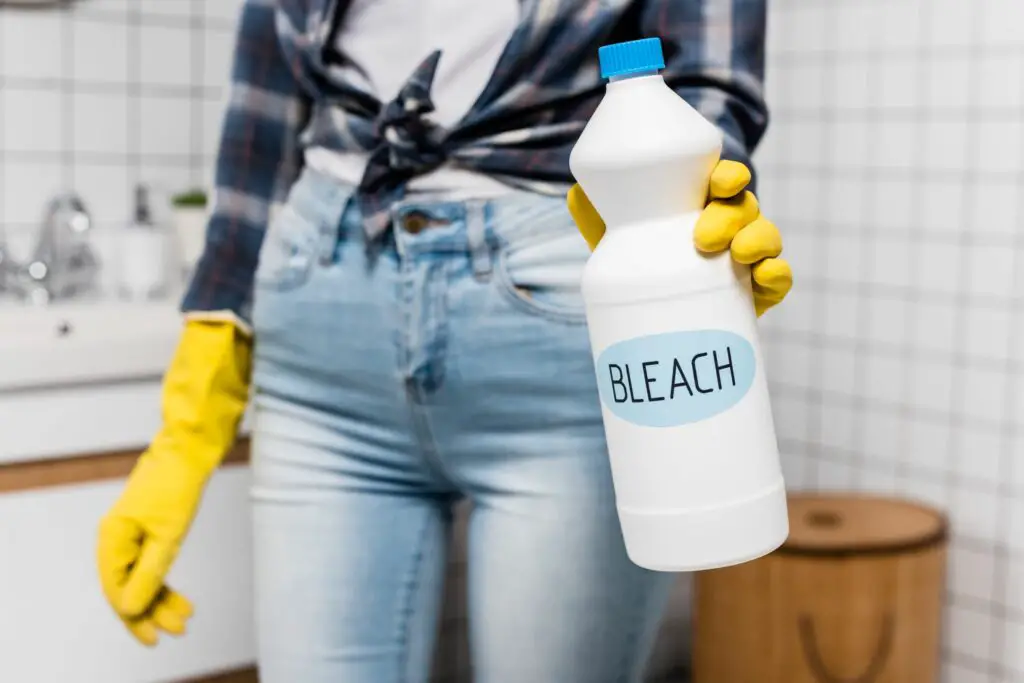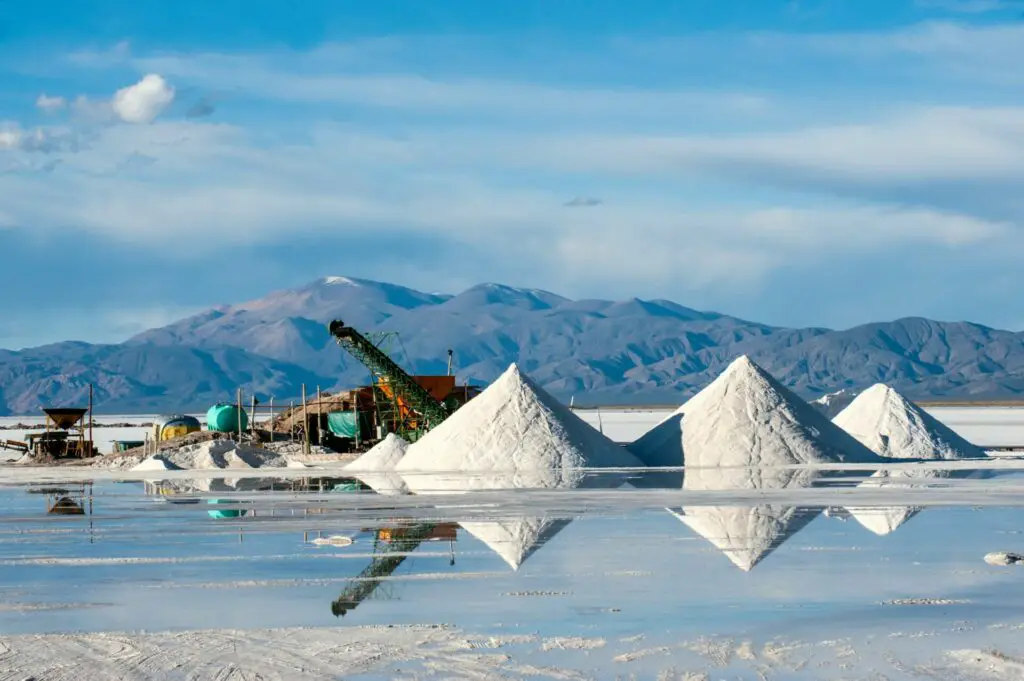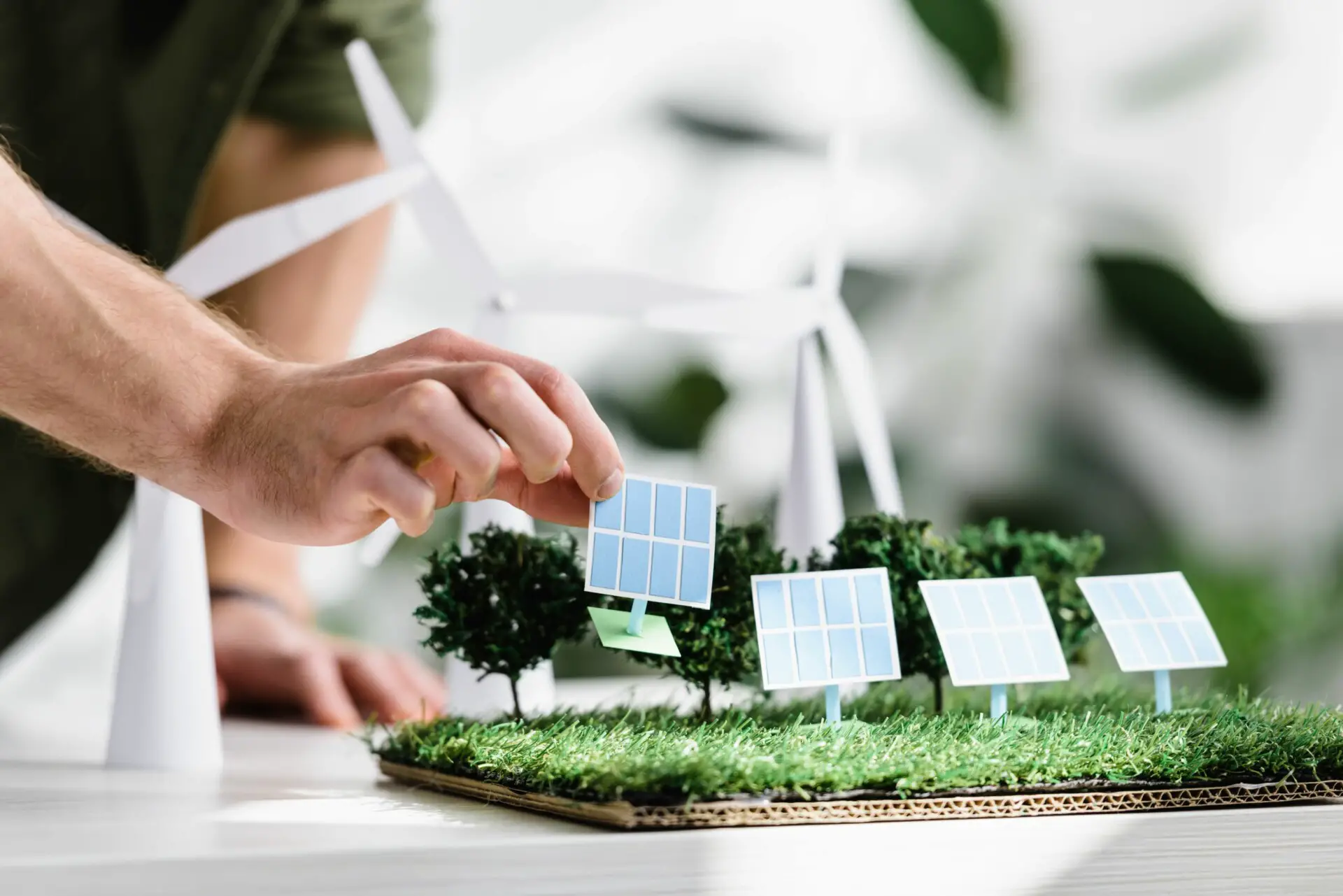For many people, water filters are a necessity, but you may feel like a chunky plastic water filter is not the greenest choice.
There are several different water filters, from activated carbon filters to mesh plastic reverse osmosis filters – each with its own environmental concerns.
Here’s what you need to know about how sustainable water filters are and what the greenest choices are.
1. What Are Water Filters Made Of?
There are tons of options when it comes to water filters, each made from different materials.
Most water filters are made from activated carbon, also known as activated charcoal.
This carbon comes from burning coal, wood, bamboo, or even coconut shells or the shells from nuts in extremely high temperatures.
It’s not uncommon to come across reverse osmosis filters, which are usually made from polypropylene.
There are less common options, too, like graphene oxide and bacterial nanocellulose water filters.
2. Are Water Filters Made Sustainably?
Some water filters are fairly sustainable. Wood, coconut, and nut shells are renewable resources, while coal is not renewable.
Some activated carbon is made from leftover wood from other sources, saving on waste. This also spares the need to rely on coal or other non-renewable materials.
Organic materials can produce methane in landfills, so dumping waste can produce greenhouse gases and contribute to global warming.
Research found using this wood for activated carbon can reduce carbon emissions.
Polypropylene is not sustainable since plastic comes from crude oil, so eventually, it will run out.
There are also filters made from graphene oxide and bacterial nanocellulose.
Graphene oxide comes from graphite; this material is made when crystalized carbon is oxidized.
Research found that graphene oxide produced via electrochemical synthesis is greener than regular graphene oxide.
While bacterial nanocellulose is a biopolymer made by some kinds of bacteria, some kinds of nanocellulose are also sourced from cellulose in plants.
This is a renewable, biodegradable resource.
There has also been research into developing water filters from the xylem in sapwood.
Given that trees are renewable and biodegradable, this would be a more sustainable alternative to plastic water filters.
However, you are also unlikely to come across water filters made from graphene oxide and bacterial nanocellulose or xylem in stores as the research is still new.
3. Are Water Filters Good for the Environment?
Water filters are generally good for the environment.
Many people rely on bottled water because they do not believe the tap water in their homes is clean enough.
So, water filters can reduce the demand for bottled water. The fewer people buy plastic water bottles, the less plastic pollution is produced.
Plastic bottles can end up in the ocean, harming marine life who mistake them for food and starve because their stomachs are full of non-food items.
They will also break into microplastics which is not only harmful to smaller fish but can easily enter the human food chain.
Plastic has a high carbon footprint, accounting for around 4.5% of all global emissions.
Crude oil is sourced from mining, which can heavily pollute the air, soil, and water.
As mentioned earlier, many carbon filters come from renewable resources, some of which are sourced from waste.
While many people use water filters to filter out potential pathogens and harmful substances in their drinking water, some may also keep your water system and appliances healthy.
For example, reverse osmosis filters can prevent limescale build-up, meaning your appliances can last longer.
However, most kinds of water filters need to be replaced every few months or years, depending on the material or brand.
So this can accumulate waste – although much less than if you were previously drinking bottled water every day.
4. Are Water Filters Toxic?
Water filters should not be toxic since they’re intended to absorb toxins rather than spread them.
Research has found that activated carbon can remove toxic substances from drinking water.
Studies have also found that activated carbon can remove pollutants from soil and freshwater ecosystems too.
However, this does not mean you should discard old activated carbon filters via dumping. Wildlife can easily mistake these filters for food.
Activated carbon is not considered hazardous if it comes into contact with human skin, but consuming it may pose health hazards.
Polypropylene is considered safe when it comes into contact with food or water.
When landfilled, plastics can still leach harmful substances into the surrounding environment.
Combusting polypropylene can give off carbon emissions and other hazardous substances.
5. Are Water Filters Biodegradable?
Activated carbon filters can help other substances degrade. Carbon filters are usually not biodegradable, although there is research into changing this.
One of the reasons carbon filters are not biodegradable is because they are not always made from pure activated carbon. Some are encased in plastic, which is not biodegradable.
While you might find bioplastic packaging, not all biodegradable products are really biodegradable.
Specific conditions relating to moisture levels, temperature, oxygen, soil nutrients, and more determine whether materials can biodegrade.
Plastic water filters are not biodegradable.
Nanocellulose and graphene oxide are biodegradable, but again, if these filters also contain plastic, they will not biodegrade.
6. Are Water Filters Compostable?
While an item might be biodegrade, it is not compostable if it does not break down into natural substances.
So, plastic water filters are not compostable.
While activated carbon is sometimes recommended to absorb foul smells in compost bins, it’s unclear if it is actually compostable.
Plus, these filters are not always made from pure activated carbon and may contain inorganic materials.
The main concern with most kinds of water filters is that some toxins they absorb may leach out in compost.
7. Are Water Filters Recyclable?
Water filters are not always recyclable.
Carbon filters can be reactivated to increase their lifespan, but eventually, they are discarded because the activated carbon cannot be made into a new product.
Polypropylene is recyclable, but local recycling facilities might not accept water filters as they may not have the infrastructure to process them.
Although some kinds of plastic are recyclable, it’s important to note that they cannot be recycled forever.
Eventually, the quality will have degraded too much for it to be made into a new product, so all plastic will be incinerated or end up in a landfill eventually.
Some water filter brands will recycle the filters for customers if they send them back; this includes:
- Brita
- Aqua Optima
- ZeroWater
8. Are Water Filters Sustainable?
Although plastic water filters can cut down on demand for plastic water bottles, they are still not particularly sustainable. As mentioned earlier, plastic is non-renewable.
Plastic water filters (like reverse osmosis filter) do not last a lifetime, so there will still be a demand for these products.
Even in instances where plastic is recycled, unlike glass or metal, it cannot be recycled an unlimited number of times. This means it will end up in landfills or incinerated.
Coal is also non-renewable, but carbon filters made from bamboo, wood, coconuts, or nuts are more sustainable.
Plus, activated carbon can be regenerated to increase its lifespan.
Less common filters like bacterial filters and xylem filters are greener since they’re renewable.
9. What Is the Most Eco-Friendly Way to Filter Water?
Carbon filters made from recycled wood are the greenest option since xylem filters or bacterial filters might not be accessible to most people.
Activated carbon filters made from other renewable resources like wood, bamboo, coconut shells, or nuts are greener than plastic filters.
Bamboo is actually the fastest growing crop on earth, so it is easier to replenish than wood.
How to Dispose of Water Filters
How to dispose of water filters depends on the type of filter you have.
Even if it’s made from recyclable material, like polypropylene, it should not go in the recycle bin.
Your local recycling facility likely does not have the infrastructure to process these water filters.
Even if some components are recyclable or biodegradable, you might not be able to separate them.
As mentioned earlier, some water filter brands have recycling programs for customers.
The filter must go in your general waste bin if there is no recycling program.
Activated carbon filters can be sent to approved landfills. Depending on where you live, you might not be able to put the filter in your general waste bin and should contact your local council for advice.
2 Eco-Friendly Water Filter Brands
Black & Brun
Black & Brun sells activated carbon water filters made from pure wood.
Booalou
Booalou makes their activated carbon filters from bamboo.
2 Eco-Friendly Alternatives to Water Filters
Boiling
Before water filters, people would boil water to kill any pathogens.
Although time-consuming, boiling water for one minute kills or inactivates bacteria and pathogens (although it doesn’t remove any other harmful substances like pesticides or heavy metals).
Cilantro
Research by the American Chemical Society found that cilantro may be able to remove lead and other hazardous compounds from drinking water.
You Might Also Like…
- Is Fast Food Bad for the Environment? (& What You Can Do)
- Is Fabric Softener Bad for the Environment? (+5 Eco-Friendly Options)
- Is Fuel Dumping Bad for the Environment? (& How Often It Happens)
- Is Electricity Generation Bad for the Environment? (What You Should Know)
- Is Dry Cleaning Bad for the Environment? (4 Surprising Facts)
- Is Diamond Mining Bad for the Environment? (Important Facts)
- Is DEET Bad for the Environment? 4 Effects (You Should Know)
- Is Cat Litter Bad for the Environment? (5 Common Questions)
- Is Burning Cardboard Bad for the Environment? (6 Facts)
- Is Burning Paper Bad for the Environment? (6 Surprising Facts)
- Is Burning Leaves Bad for the Environment? (7 Quick Facts)
- 4 Natural Cleaners for Quartz Countertops
- 6 Eco-Friendly Acrylic Paint Brands (For Sustainable Artists)
- 5 Eco-friendly Alternatives to Acrylic Paint (& How to Make Them)
- Is Acrylic Paint Bad for the Environment? (7 Quick Facts)
- Is Acrylic Yarn Bad for the Environment? 8 Crucial Facts
- Is Acrylic Bad for the Environment? (8 Quick Facts)
- Is Aluminum Foil Bad for the Environment? 7 Quick Facts
- Is Bleach Bad for the Environment? 6 Crucial Facts
- Is Lithium Mining Bad for the Environment? 6 Crucial Facts


